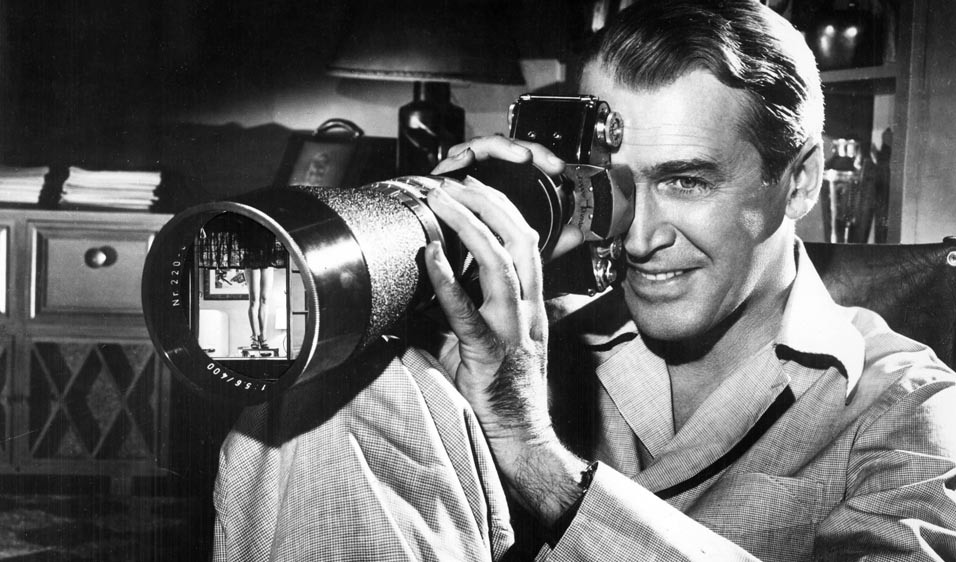Recently, Kiera Knightley released a statement saying she will not film any sex scenes that are directed by men due to the ‘male gaze’.
Firstly, what is the male gaze? The male gaze term came from sexual politics and suggests in a sexualised way of how empowered men objectify women. Within the male gaze, woman are seen as objects of the male desire.
The male gaze relates significantly to film, as it was discussed by filmmaker Laura Mulvey in her feminist film theory in her 1975 essay, “Visual Pleasure and Narrative Cinema”. Mulvey argued that movies are filmed in ways that satisfy the masculine drive. In layman’s terms, woman in films are represented to satisfy men, and most of it is done through the males eye, mainly through male directors.
A point Mulvey makes is that we live in a world of sexual imbalance, and that males play an active role and females play the passive role. With men playing the active role, they are the ones in control in creating and pursuing opportunities. Whereas, woman playing the passive role, they are only there to support the men in what they do.

Image credit: Marie Claire
A standout example in cinema is in the James Bond franchise. A term people have come to know concerned with this franchise is “Bond girls”. It says in the name, they are James Bonds girls. Simply through this name they are given, it takes away any identity from the actresses that take on the role. Going hand in hand with this is their role in the film. The Bond girls take on the passive role that Mulvey talks about in supporting and being by James Bond side throughout the film, as well as romanticising with him.
The fact that the Bond series comes from a male author, and the films are directed by male directors clearly represents this male gaze theory in the film world. The Bond films are led by male roles and it is again the females that take the passive role in supporting them.
Another point Mulvey touches on is that the male gaze projects the male fantasy of the ‘ideal’ female, with appearance having a visually pleasing impact to them. If you think about it, when men write and direct the films, they are creating the stories and characters from their perception, and that includes the female characters.
It is the male perception and the way these male views have been represented has become what we know as traditional stereotypes in entertainment.
Take superhero films for example. In the classics such as Superman or Spiderman, the male is the hero and there is always the damsel in distress, the female they must save and that they have by their side because they are in love with them.
Throughout the Spider-Man franchise – the films where Toby Maguire starred – his crush Mary Jane is the one of the most popular and prettiest girls in school, therefore she is appealing to Peter Parker. It makes it impossible that she would ever look at someone like Peter who is the typical science nerd with a below average physique. However, when he is inevitably bitten by that spider and becomes Spider Man, he becomes stronger.
It touches upon the idea that men feel like they may be more appealing to women if they are stronger and the protagonists as the ultimate ‘hero’. Also, throughout the trilogy, Mary Jane always seems to get into trouble and of course she is saved by Spider Man. Plots like this support this statement Mulvey makes that as it is the male that writes these plots, it is them creating this idea that men are the saviours and women are the ones to be saved. In a way, it’s this side of the male gaze that is presented to give men a more confident view of themselves as a species, but where does it leave females?
The male gaze has become an important part of entertainment, whether that is a good thing or not is a question that will constantly arise. If it is always that the perception of females in film is to always be determined by men to simply satisfy men, will it ever be equal for both genders in the entertainment world. These are the sort of questions the male gaze raises.
By Katie Green
Feature image: Rosie Vacci B


